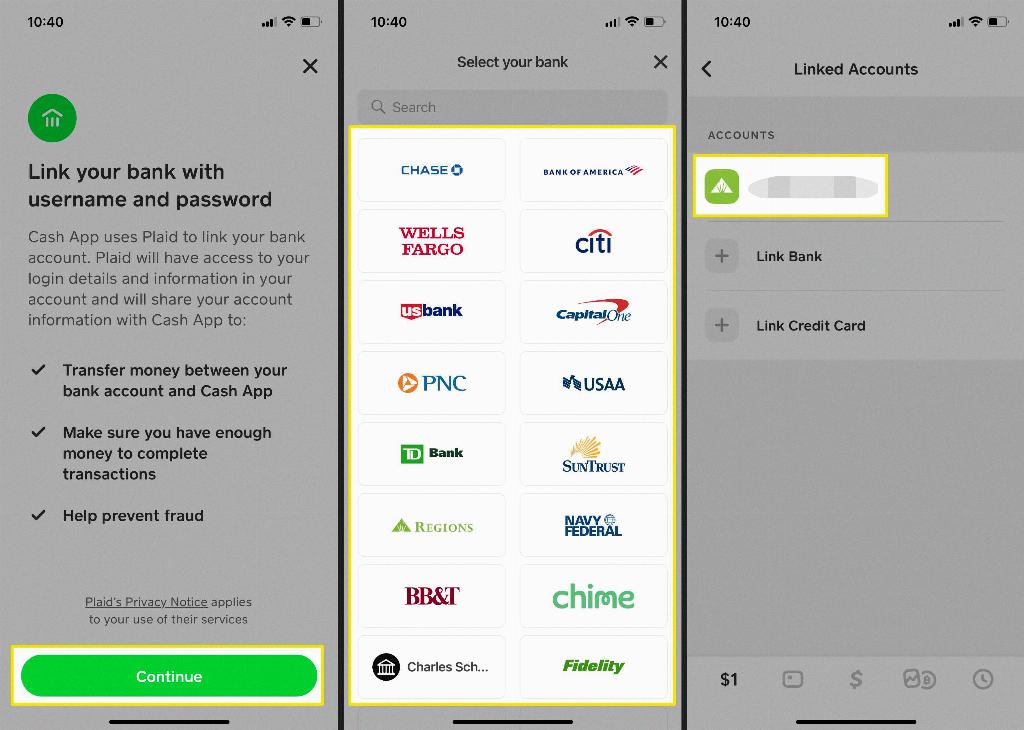When it comes to managing your finances, it’s important to understand the distinction between Cash App and a traditional bank account. Cash App is a financial services platform that allows users to send, receive, and invest money, while also offering features such as purchasing Bitcoin and stocks. On the other hand, a bank account is a financial tool provided by a bank that allows individuals to store money, make withdrawals and deposits, and access additional services like loans and savings accounts.
How Cash App Works
Cash App operates as a peer-to-peer payment service that enables users to transfer money to friends, family, or businesses instantly. It also provides a Cash Card, which functions like a debit card and allows for in-store and online purchases. While Cash App offers many of the same conveniences as a bank account, it does not operate as a traditional banking institution.
Banking Services Through Cash App
Although Cash App is not a bank itself, it partners with banks to provide certain financial services. For example, Cash App offers direct deposit for paychecks, allowing users to receive their wages directly into their Cash App account. Additionally, Cash App users can also access their account balance through the app and transfer money to external bank accounts.
FDIC Insurance
One key difference between Cash App and a bank account is FDIC insurance. While funds held in a traditional bank account are typically insured up to certain limits by the Federal Deposit Insurance Corporation (FDIC), money stored in a Cash App account is not FDIC-insured. This means that if Cash App were to experience financial difficulties or go out of business, there may be a risk of losing the funds held in the account.
Interest-Bearing Accounts
Another factor to consider when comparing Cash App to a bank account is interest-bearing accounts. Many traditional banks offer savings accounts that accrue interest on deposited funds, allowing users to grow their money over time. While Cash App does offer the ability to invest in stocks and Bitcoin, it does not currently provide interest-bearing savings accounts.
Security Measures
Security is a top priority for both Cash App and traditional banks. Cash App employs encryption and fraud detection measures to protect users’ personal and financial information. It also offers features like biometric authentication and the ability to lock your Cash App account with a PIN. Similarly, banks implement security protocols to safeguard customer data and prevent unauthorized access to accounts.
Accessibility and Convenience
One advantage of using Cash App is its accessibility and convenience. With just a few taps on your smartphone, you can send money to friends, split bills, or make purchases online. Cash App also allows users to easily monitor their account activity, track spending, and set budgeting goals. Traditional bank accounts offer similar features but may have different user interfaces and functionalities.
Customer Support
Customer support is an essential aspect of any financial service provider. Cash App offers customer support through its app, website, and social media channels. Users can submit requests for assistance, report issues, or seek clarification on account-related matters. Banks also provide customer support through various channels, including phone, email, and in-person banking services.
Regulatory Oversight
Both Cash App and traditional banks are subject to regulatory oversight by government authorities. Banks are typically regulated by the Federal Reserve, the FDIC, and state banking agencies to ensure compliance with financial regulations and consumer protection laws. Cash App is regulated as a money transmitter by the Financial Crimes Enforcement Network (FinCEN) and must adhere to anti-money laundering (AML) and know your customer (KYC) requirements.
Decision-Making Considerations
When deciding between using Cash App or a bank account, it’s important to consider your individual financial needs and preferences. If you value quick and easy money transfers, investing options, and user-friendly mobile banking features, Cash App may be a suitable choice. However, if you prioritize FDIC insurance, interest-bearing accounts, and a wider range of financial products and services, a traditional bank account might better meet your requirements.

Conclusion
In conclusion, while Cash App offers many of the features and conveniences of a bank account, it is important to recognize the distinctions between the two financial services. Cash App operates as a financial platform that partners with banks to provide certain services, but it is not a bank itself. By understanding the capabilities and limitations of Cash App and traditional bank accounts, you can make informed decisions that align with your financial goals and preferences.
